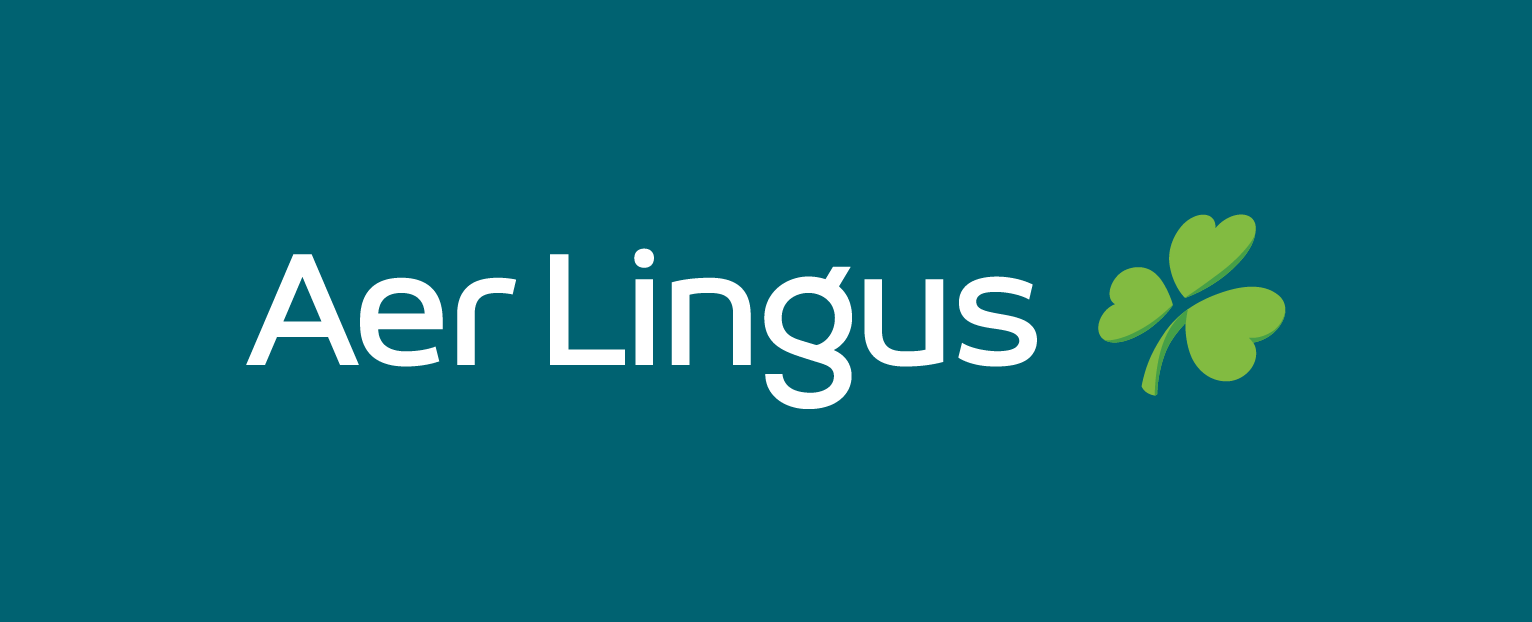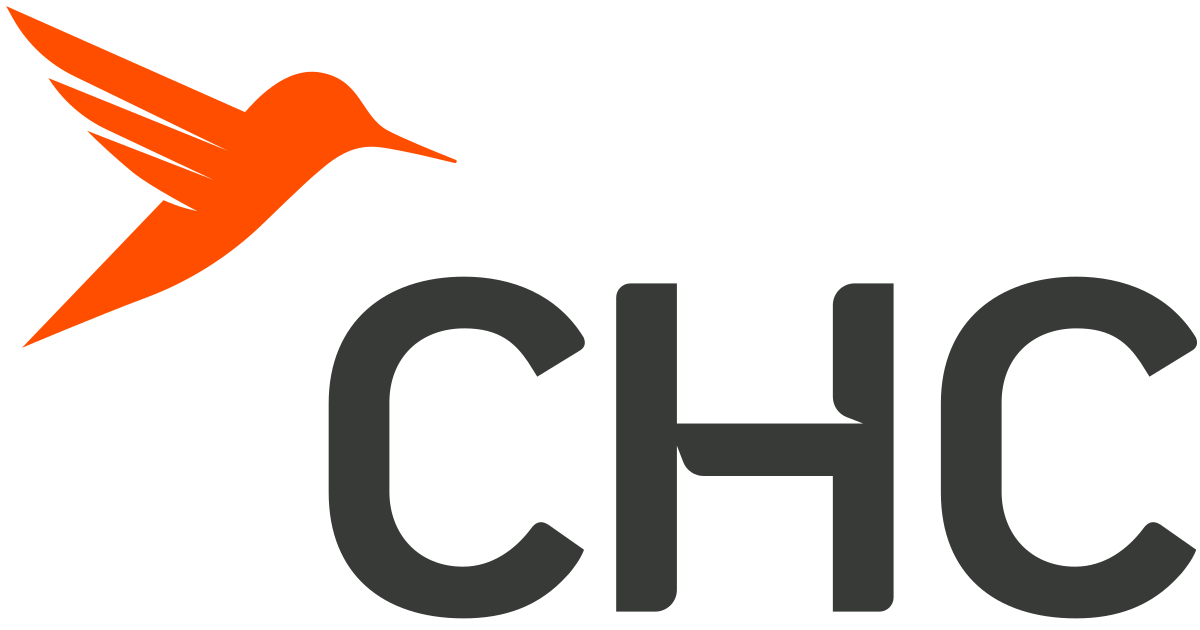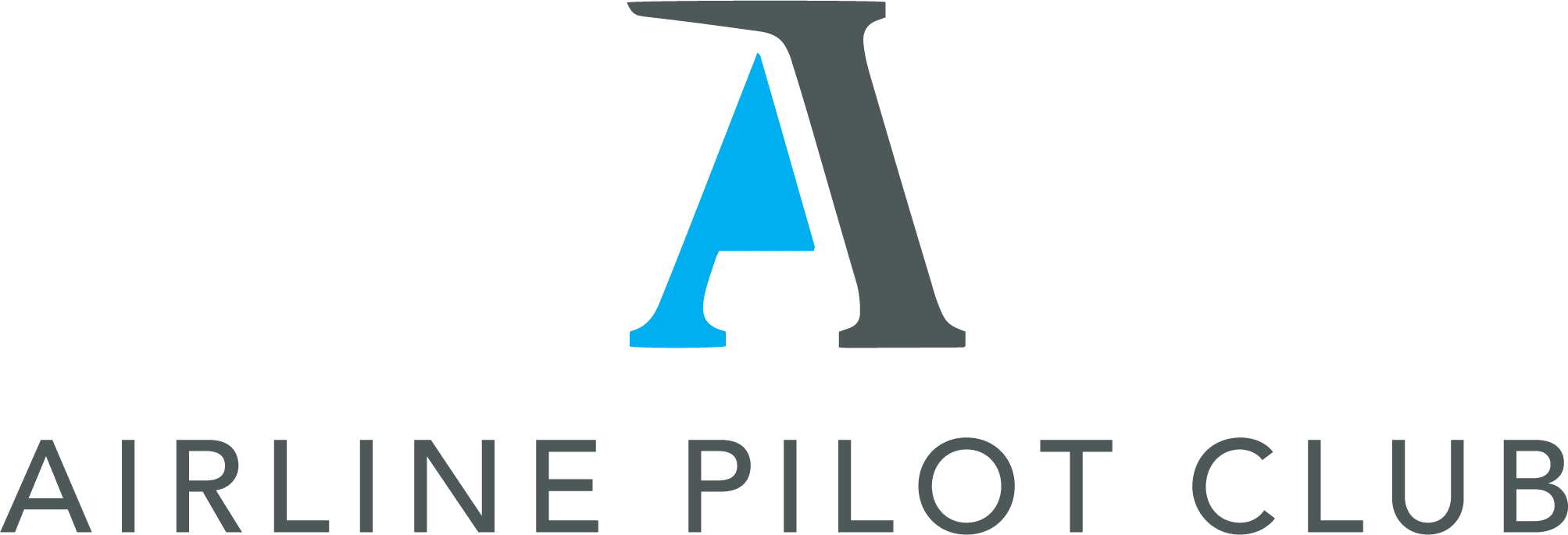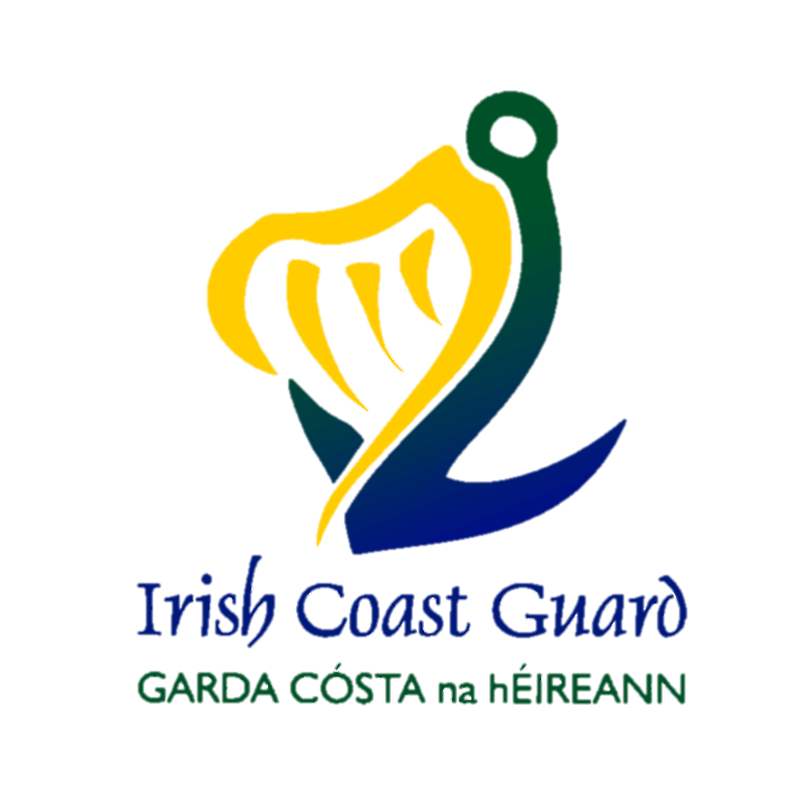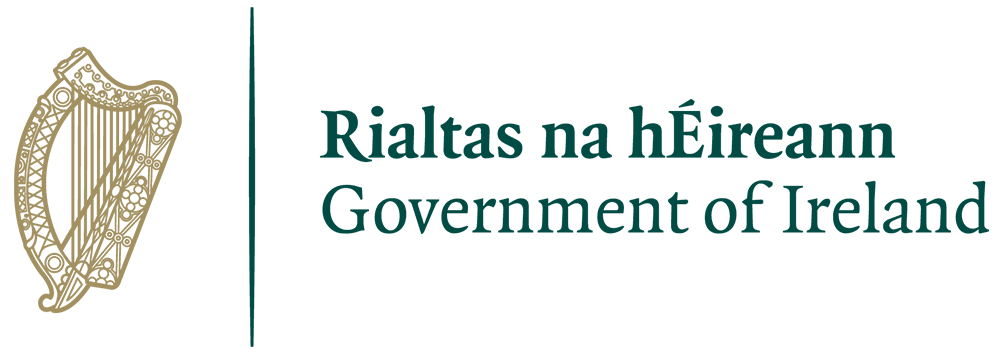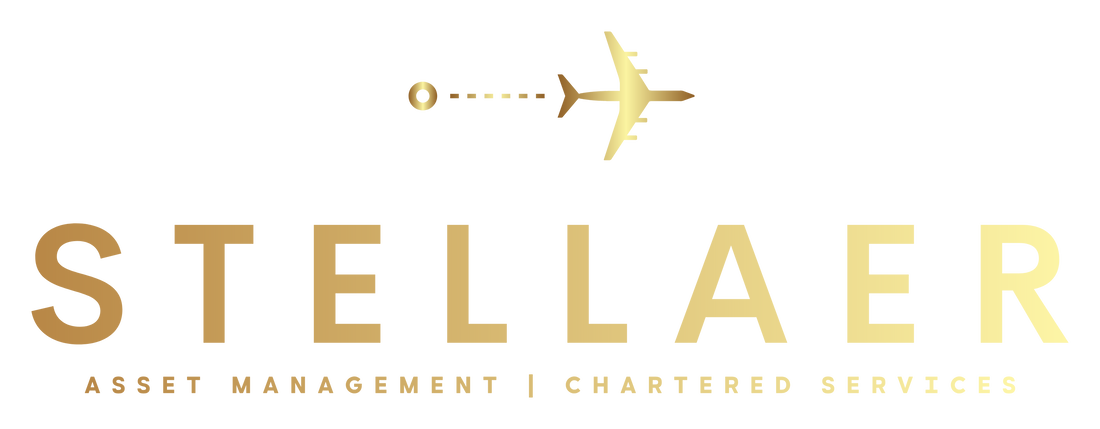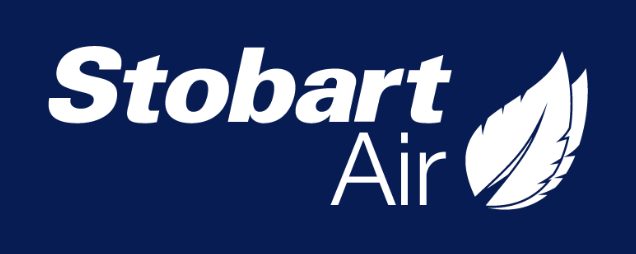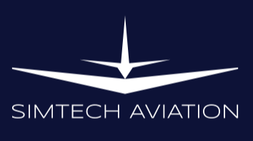- COMMENCEMENT OF ARTICLE -
In this months blog, we are looking at the importance of the ATPL exams and how to get the best possible results. We partnered with ASG Founder, Diarmuid O’Riordan. ASG is an Approved Training Organisation (ATO), that specialises in the delivery of Airline Transport Pilot Licence (ATPL) theoretical training. The classroom based training takes place at Simtech Aviation’s facility near Dublin Airport.
Diarmuid is an Airbus A330 pilot, having previously operated as an Airbus A320/321neo pilot and Type Rating Instructor (TRI) with an Irish airline. He retired from the military as Officer Commanding of the Irish Air Corps’ Air Traffic Control (ATC) Unit. He continues to exercise the privileges of a Swiss Civil Air Traffic Controller Licence with instructor and examiner endorsements in all ATC disciplines.
For airline hiring purposes, how significant are the ATPL exams?
The ATPL theoretical course and examinations are a crucial step for any aspiring airline pilot. Unfortunately, they are sometimes viewed as a “box” to tick before completing the practical elements of commercial pilot training. Many students feel tempted to focus exclusively on question banks to “get through” the exams. While future pilots are required to pass all 14 exams to progress, many elements of the syllabus does need to be retained for future practical application. Indeed, the next time students will encounter much of this theory is on their first week in the front seat of a jet!
Of course, every student wants “first time” passes and the highest possible average score, but this is not the key determining factor in airline cadet selection: if a student has achieved a “98%” average by memorising question banks but is unable to demonstrate an understanding of ATPL theory in an interview, they are unlikely to land their all-important first job. It is critical, therefore, that experienced instructors put ATPL theory into “context” to ensure that students meaningfully understand and can apply it in practise.
Can part-time modular students “structure” their ATPL theory course?
Absolutely. In, fact it’s even more essential to provide modular students a structured approach to their ATPL training. Part-time ATPL students embarking on what can be a lonely journey will benefit from a formalised course structure, support, and reinforcement from classmates. Schools have a responsibility in this regard too: part-time students should not be left out on their own and merely provided with the school “sign-off” required to sit the ATPL exams without receiving the learning support they need.
Aside from a distance learning element, ATPL part-time courses should have a 10% residential training portion of in-class learning and refresher training. At ASG, we structure this learning across three modules totalling ten days — four days after module 1, three days after module 2, and three days after module 3, respectively. We schedule our sessions to coincide with the IAA’s ATPL exam sittings, which take place every two months.
What happens during a typical revision day with ASG?
Our revision days take place between 12 – 8pm in order to facilitate students travelling to/from sessions and to avoid rush hour traffic. The specific dates for the classes are published on our website so that students can plan when they hope to attend each of the three modules across their entire ATPL course; this is particularly important for those who work on a full-time basis and have to balance course dates with their work and personal schedule.
Two weeks before the sessions, we ask students for feedback as to areas they would like to focus on in each subject, and our instructors tailor the day to the student’s needs. Additionally, the instructor conducts an overview of the subject’s key theories, answers students’ questions, and finishes with ATPL assessments practice as final preparation for the exams.
On the first day, we usually meet at the facility, and quite often, students will get an opportunity to fly one of Simtech Aviation’s state-of-the-art simulators. It’s a tough act to follow for the day one instructor!
Do you recommend any particular order to complete the ATPL exams?
It’s tempting for students to get the so-called “easy” subjects out of the way quickly. However, it helps to employ some strategy when choosing the order of the ATPL subjects due to the time and sitting constraints — for example, students must complete all 14 examinations over a maximum of six sittings and within 18 months of attempting the first exam.
In designing our course, we put a great deal of thought into module and subject order. For instance, we pair Principles of Flight (POF) with Aircraft Performance and Instrumentation with Radio Navigation due to the significant theoretical overlaps between these subjects; this allows students to reduce redundancy within the programme.
What qualifications should my ATPL instructors have, and what should I be looking for in the school I complete them?
That’s a good question! EASA is not very prescriptive when it comes to laying down the requirements to teach subjects at ATPL level — in fact, we regularly hear of schools using just one or two Flight Instructors to teach the entire ATPL course. Realistically, it’s not possible to be an expert in all 14 subjects!
Simply passing an ATPL exam as a student does not qualify someone to teach that subject. For example, I specialise in the “Air Law & ATC procedures” component but I’m not an expert in “Navigation (General)” and would not have the depth of knowledge required to teach that specific subject at ATPL level.
Therefore, I recommend that students research the background of each school’s instructors. It’s so important, particularly at ATPL level, for instructors with industry experience to bring the subjects to life with real-world context. Too often, schools assign this vital task to newly qualified flight instructors with limited operational experience who may not fully appreciate a subject’s relevance to an airline environment. At ASG, we publish full details of our own ATPL instructional team on our website. Our personnel consists of operational industry experts, including airline pilots, Type Rating Instructors, engineers, former military pilots, and air traffic controllers.
There is a new ATPL syllabus being released in 2020. What are the main differences?
Yes, EASA is making significant changes to the ATPL syllabus this year. The last major technical update was conducted in 2006. Given the emergence of new technologies and the advancement of pilot training philosophies, there was a need to update learning outcomes to prepare pilots to perform in the modern-day flight deck operation. We recently published details of all of the key syllabus changes on our website.
When should students start to consider where they will complete the next phases of their commercial pilot training?
When students sign up for their ATPL theory course, they have effectively “crossed the Rubicon” and taken their first steps towards flying commercially. It’s an exciting time, but also somewhat daunting given the many training options and choices students will have to make from this point onwards.
Before qualifying as a Commercial Pilot, students will need to decide where to complete their Commercial Pilot Licence together with Multi-Engine and Instrument ratings. We encourage our students to make these training choices early — within a few months of commencing their theoretical training with us. I recommend determining a conservative date of completion for their final ATPL exam and working forward from there. If they leave it too late, they may find themselves waiting for a vacancy to arise at their chosen training school or having to choose an alternative.
The final step (and one of the most important, in my opinion) is selecting where to complete their MCC/JOC or APS MCC course. This course is required to operate in a multi-crew environment, such as an airline flight deck. Finally, after all the classroom training and many hundreds of hours flying lighter aircraft in a single pilot environment, students find themselves operating as part of a crew in a jet airliner!
Future pilots should not take the venue of this training lightly: if they elect to save a few hundred euro by preparing in a low-grade generic simulator, or with instructors lacking airline experience, his or her hard-earned money could go to waste at a crucial final step. I am biased (having completed my own MCC/JOC course there!), but Simtech Aviation sets the industry standard in terms of equipping students for multi-crew operations — not to mention preparing students for success in their airline simulator assessment.
For additional information on ATPLs, find the links below.
- ASG website: https://www.asg.ie/
- ASG facebook page: https://www.facebook.com/asgato
- ASG Instagram page: https://www.instagram.com/asg_ato/
- Simtech Aviation Courses: https://simtech.ie/pilot-training/
- Simtech Aviation Facebook page: https://www.facebook.com/SimtechAviation/


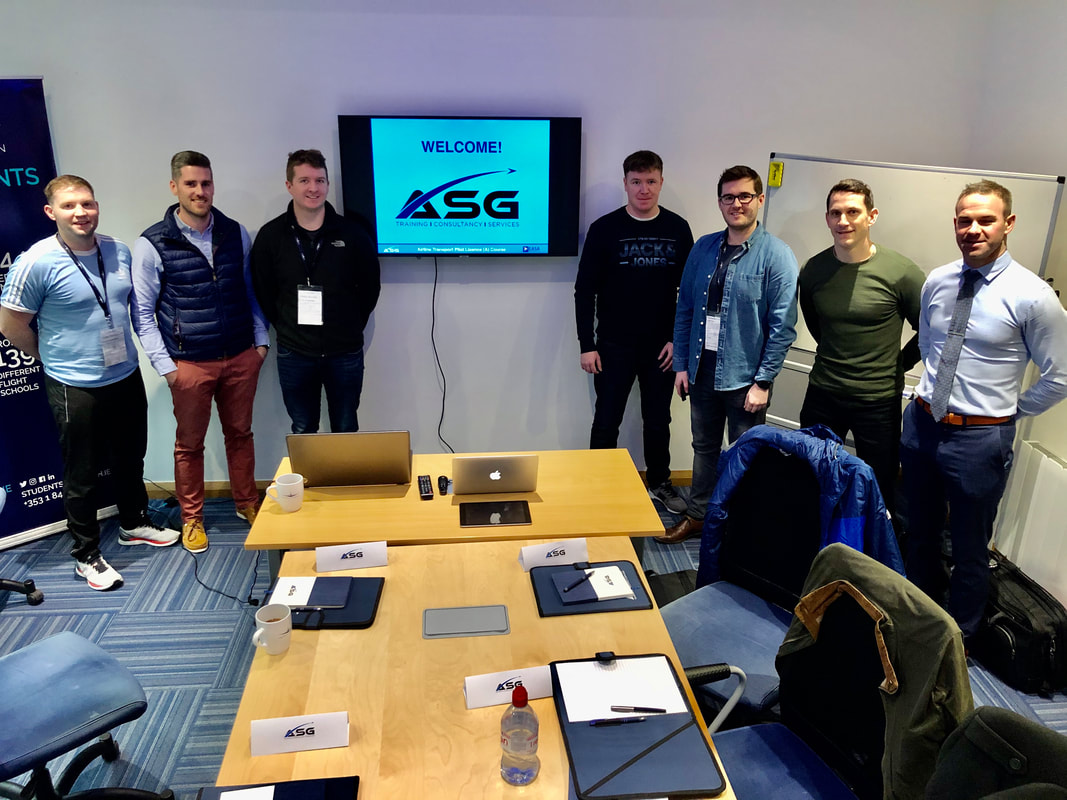
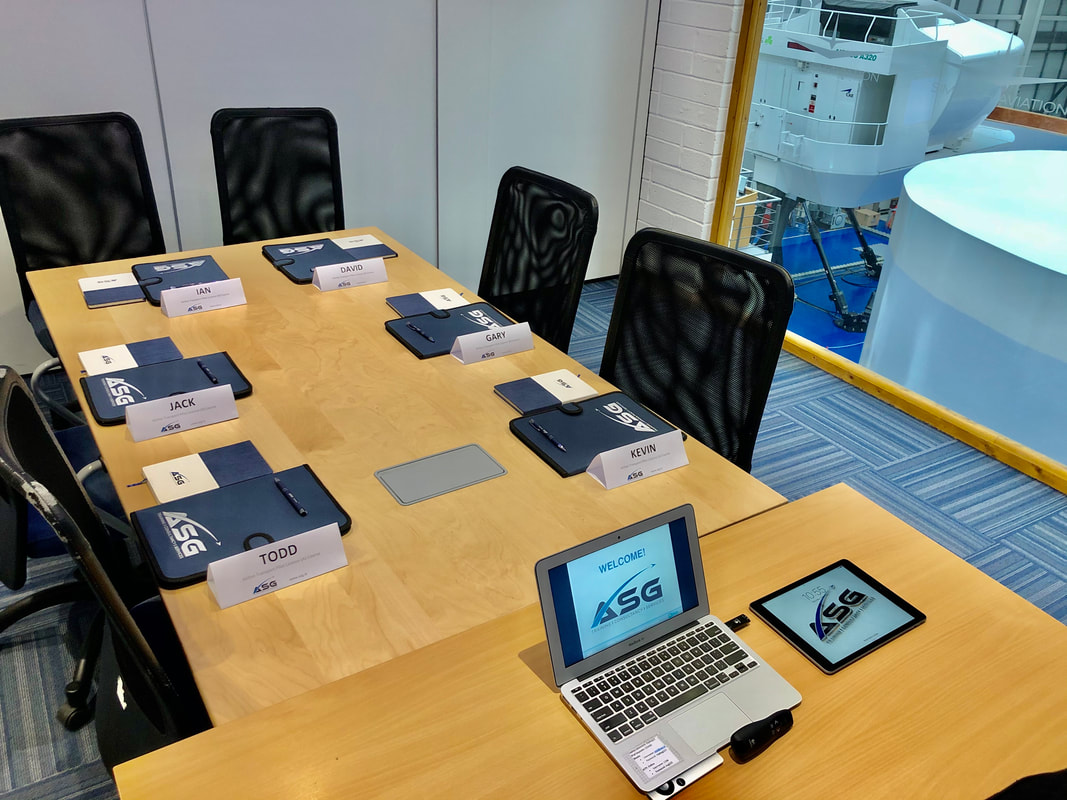
 RSS Feed
RSS Feed




